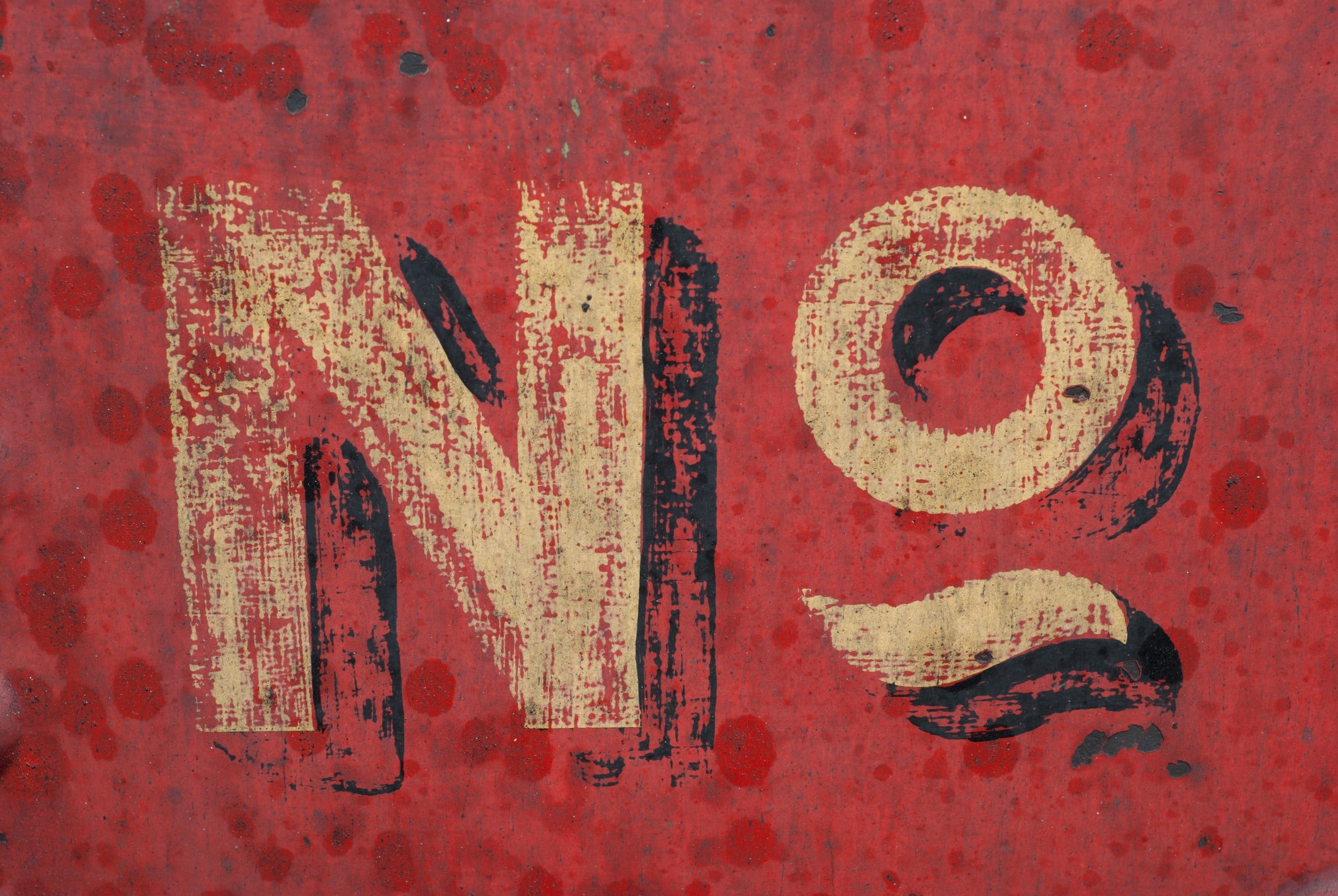Conventional wisdom on web content writing ten years ago was to “stuff as many keywords into your copy” and the reader be damned.
Of course, Google’s PageRank algorithm was refined further - and so has web content writing.
We now arguably live in the age of “clickbait” - though the future of web content may look very different.
In this blog, I’ll break down emerging trends in web content writing and what the future may hold for marketers and web content writers of all stripes.
The Human Factor In Web Content Writing
We all know that AI copywriting is coming. In fact, it’s here.
However, despite our collective best efforts to replace humans with machines, we still encounter the uncanny valley. This is no more obvious in supermarkets; I’ve yet to meet one person who’s felt a connection or affinity with an automated checkout. Does anyone find a soulless voice announcing “unidentified item in the bagging area” cute or endearing?
The same will apply for content writing. There will be an upsurge in AI content - but humans are smarter. We can tell there’s no soul behind the screen - we know something is missing, even in Zoom meetings.
Authentic, thoughtful, and informative web content will always remain king; despite an army of bots invading the kingdom and threatening its throne.
Topic Authority Will Displace Keywords & Backlinking
As an SEO copywriter and web content writer, I know all about keyword relevancy. It’s how your business gets noticed on Google.
However, Google’s AI and crawlers will transition toward topical authority as a ranking tool more so than keyword relevance and backlinking. As marketing AI and machine learning expert Eduard Klein says:
When marketers talk about authority, they talk about building backlinks. This is still the case, but as google gets smarter about semantics, link relevancy will likely decrease over time. Organisations that cover a topic with the most depth will own the future traffic flow for related queries.
The remedy is to focus on long-form, well researched, and potentially peer-reviewed web content that forms the pillars of your web content writing. Having web content that is thesis-like in scope but rich in media and interactivity will be a boon to business. The “mega-skyscraper” web content will be in vogue soon.
Good Web Content Is Good User Experiences
Just having web content on a white blank page that loads slow won’t cut it any more - good web content will be part and parcel of delivering a good overall user experience across all device types - perhaps even AR and VR such as the Oculus or HTC Vive (as an owner of one, I can tell you how awful reading web content is on one of those things.)
Interactivity and other experiences that users will come back to time and again will drive the future of web content writing.
Giving Users Control Over Web Content
This means how they consume, share, and remix content - can they get the same content in video as they do as text? What about as audio, like a book on tape? Giving users the option for multi-faceted media that suits their lifestyle or consumption habits will be valuable to marketers and businesses in the future. If you’re a web content writer that only writes for web copy, be prepared to branch out into writing for podcasts and video, too.
Value-Driven Web Content Will Rise
Free eBooks about how to set up Mailchimp or the five best tips for writing about ducks in exchange for an email list sign-up won’t cut it any more. There are so many tips out there for the taking, a bit of Google-fu can give you the entire sum of knowledge in the area without signing up for anything. If you think what you are offering is an insight and you’re peddling it without cost, it’s probably not.
Gated and cards-to-the-chest web content will become extinct - providing valuable web content as your core offering will be the future that inspires the success of your business or brand. The value proposition should be immediate and obvious.
Are your ready for the future of web content writing? Want to know more, or get started while the competition sleeps? Contact me!














